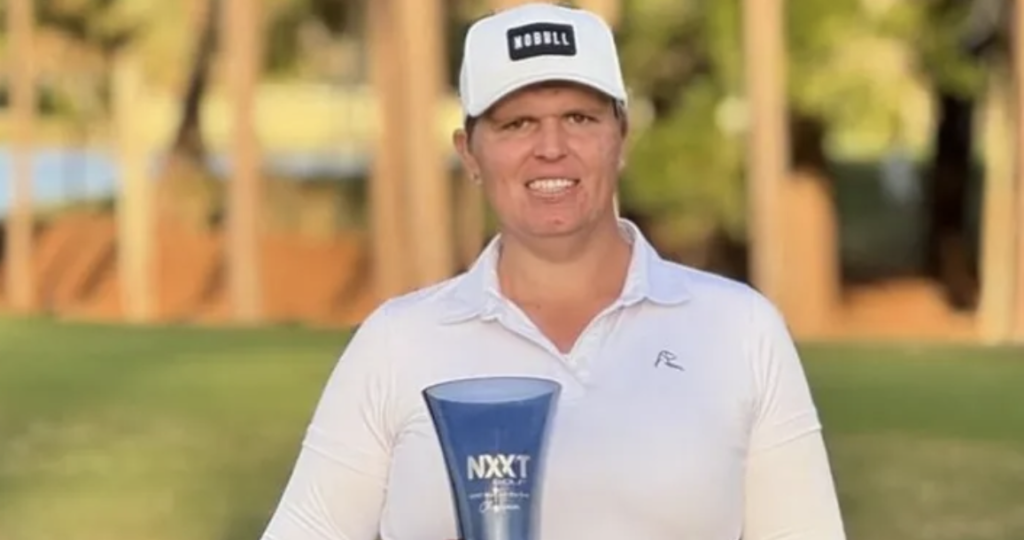Transgender women who have gone through male puberty will not be allowed to compete on any of the leading women’s professional golf tours from next year.
The updated rules on gender policy, which were announced by the LPGA on December 4, will apply to the LPGA Tour, the Epson Tour (which operates a tier below the LPGA Tour in the US), the Ladies European Tour, and all other elite LPGA events, including the US Women’s Open.
Previously, the LPGA allowed players to compete if they had undergone gender-affirming surgery after puberty and met hormone therapy requirements. But these rules have now been changed.
“The LPGA has updated its gender policy for competition eligibility, effective starting with the 2025 season,” the LPGA said in a statement. “The policy – informed by a working group of top experts in medicine, science, sport physiology, golf performance and gender policy law – was developed with input from a broad array of stakeholders and prioritises the competitive integrity of women’s professional tournaments and elite amateur competitions.
“This working group has advised that the effects of male puberty confer competitive advantages in golf performance compared to players who have not undergone male puberty.”
The statement added that players recorded as male at birth and who have gone through male puberty “are not eligible to compete in the aforementioned events”.
R&A expected to follow LPGA’s lead
The R&A, which governs golf’s rules outside the US and Mexico, is expected to adopt the same policy from 1 January next year for its women’s championships, including the AIG Women’s Open.
The changes to the rules will prevent Scottish-born American Hailey Davidson from seeking membership of the LPGA Tour. The 31-year-old, who transitioned after playing men’s college golf in the United States, failed to qualify for a card on the leading women’s tour when finishing 95th at the second stage of LPGA Q School in October.
Davidson’s participation prompted widespread protest, with 275 female players signing a letter asking for changes to policies which allowed people recorded male at birth to compete in women’s events.
Davidson played on the men’s team at Wilmington University in Delaware before transferring to the men’s team at Christopher Newport in Virginia.
Responding to the rule change on Instagram, Davidson said: “I can’t say I didn’t see this coming. Banned from the Epson and the LPGA. All the silence and people wanting to stay ‘neutral’ thanks for absolutely nothing. This happened because of all your silence.”
Announcing the changed rule for 2025, Mollie Marcoux Samaan, the commissioner of the LPGA, said: “Our policy is reflective of an extensive, science-based and inclusive approach. The policy represents our continued commitment to ensuring that all feel welcome within our organisation, while preserving the fairness and competitive equity of our elite competitions.”
In updating its policy, the LPGA follows other governing bodies from sports including swimming and athletics in banning transgender women from competing in the female category at elite level if they have gone through male puberty.
Read the full article here

